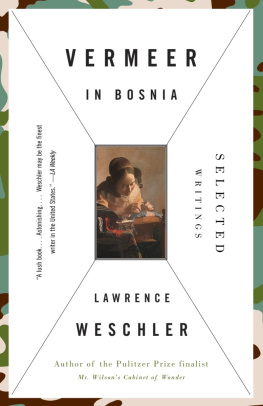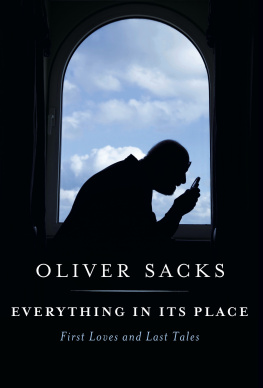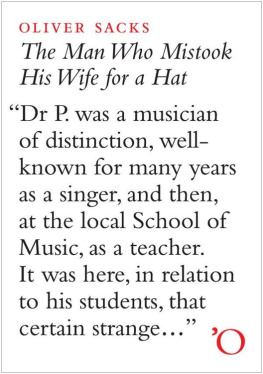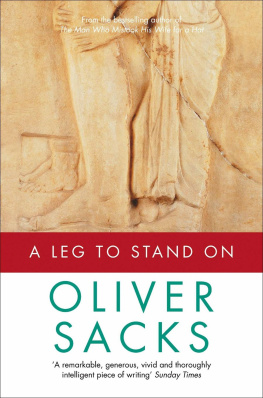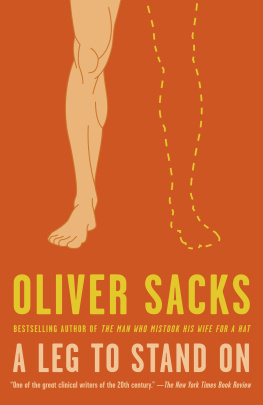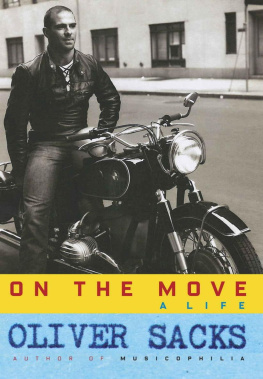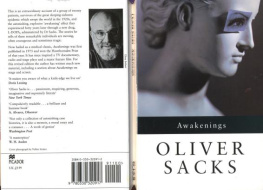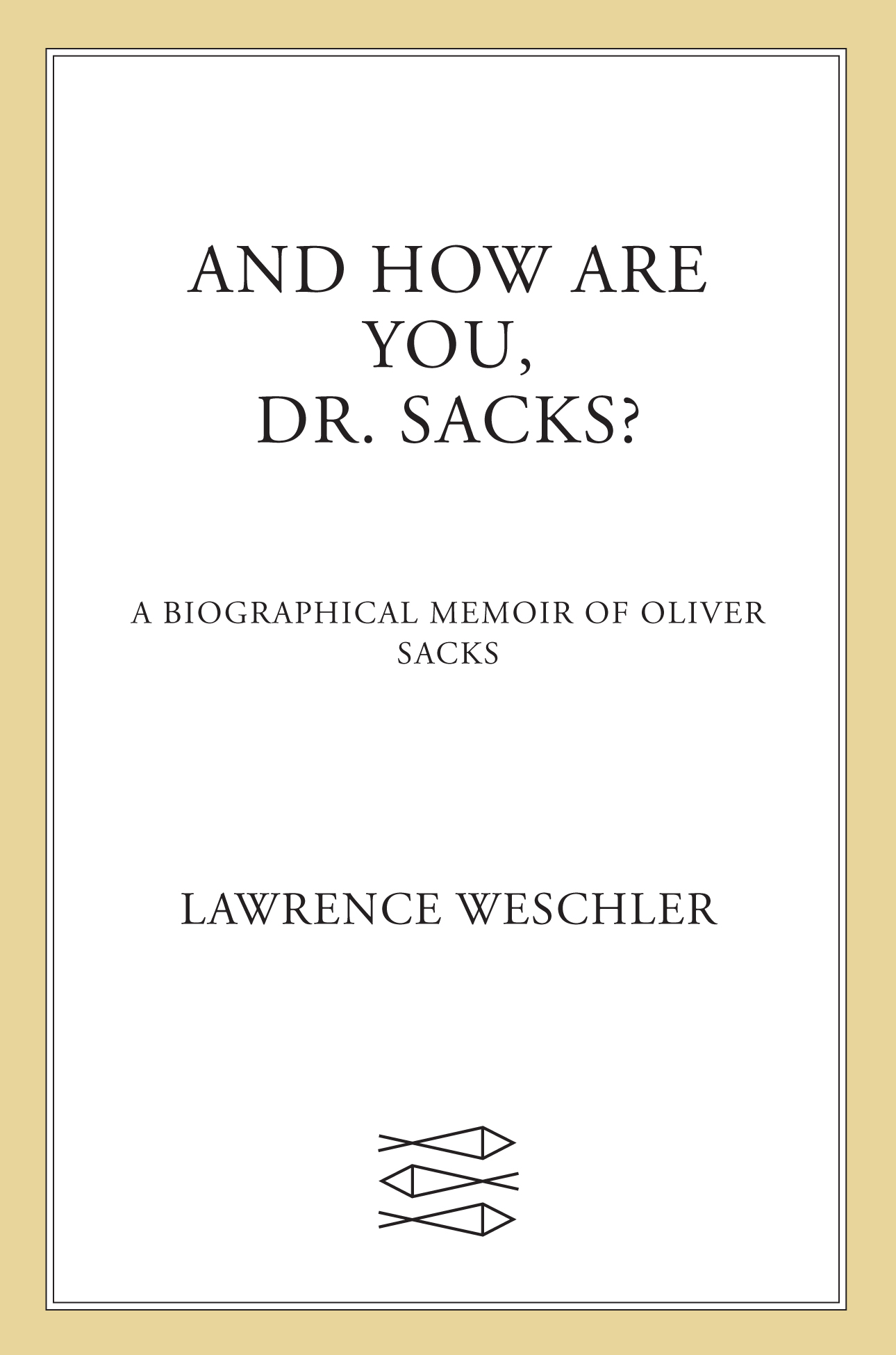The author and publisher have provided this e-book to you for your personal use only. You may not make this e-book publicly available in any way. Copyright infringement is against the law. If you believe the copy of this e-book you are reading infringes on the authors copyright, please notify the publisher at: us.macmillanusa.com/piracy.
Being is Doing.
Heading out to City Island that first time in late June 1981, Ill grant you, I was trawling, vaguely, for another story.
Id only just transplanted myself to New York City from my original stomping grounds in Los Angeles, largely owing to the success of my previous tale, which a few months earlier Id somehow managed to sell, pretty much over the transom, to The New Yorker.
While still back in California early that spring, only recently turned twenty-nine, Id come home late one evening to my Santa Monica apartment to find the light blinking on my answering machine. Answering machines must have seemed pretty newfangled in those days, because the feathery voice on the tape began haltingly, Mr. Weschler, is this Mr. Weschler? Mrs. Painter, do you think he can hear me? Should I leave a Mr. Weschler? This is William Shawn of The New aaaah, Mrs. Painter, how can I tell if the thing is working? William Shawn of The New Yorker magazine, and I am just calling to say that we all very much admired the piece you submitted to us a few months ago and we were wondering if oh dear, Mr. Weschler, if you are getting this message could you please call us back at the following numberand so forthMrs. Painter, I dont think he got any of that at all.
However, I did, I had, and in later years Id be very grateful for the momentary filter of that answering machine: Had I happened to have been home and picked up the ringing phone, Im sure Id have assumed it was one of my friends pulling my leg and blurted, Yeah, and Im Bernardo Bertolucci or something and just hung up.
The piece in question, a book-length midcareer biography of the California Light and Space artist Robert Irwin, had been four years in the making, as I subsequently explained to Mr. Shawn on a visit to New York a few months later, when he invited me to lunch at his usual haunt, a corner banquette at the Algonquin, from which he could survey the entire room while pretty much disappearing, mouselike, into the background. He urged me to sample anything on the plank-long menu the waiter had just extendednervously I chose the first thing that caught my eye, the days special, lobster-stuffed filet of soleat which point Mr. Shawn ordered the usual (cornflakes, as it turned out). He then turned the full force of his penetrating curiosity upon me (that of the Iron Mouse, as Id subsequently hear him called).
It appears that you currently live in California, he said, but, I mean, where were you born? (His was hardly an unusual New York prejudice in those days: My Irwin book had by that point garnered more than half a dozen rave rejections from New York publishers, all assuring me that they definitely wanted a look at my next manuscript, though they couldnt very well see how they could be expected to succeed in publishing anything about a California artist.) Van Nuys, California, I responded, in the San Fernando Valley suburbs of Los Angeles. Still confounded, Mr. Shawn bore down: But, I mean, where did you go to school? Birmingham High, in Van Nuys. And college? Cowell College at the University of California at Santa Cruz. Things clearly werent adding up, but Mr. Shawn, a first-rate reporter in his own right, continued probing until he was able to establish that all of my grandparents had been Viennese Jews whod variously arrived in flight from Hitler (indeed, my maternal grandfather had been the eminent Weimar-era migr composer Ernst Toch)a category, at last, that he could comprehend.
Following that lunch meeting, Mr. Shawn offered me a job as a staff writer at The New Yorker, and soon thereafter I moved to New York. The magazine would eventually publish half of my Irwin book across two issues, but as things developed, before that Id also begun reporting for the magazine from Poland (at the height of its Solidarity passion) and soon afterwards would be submitting a whole variety of one-offs (one on the marvelous Louisiana Museum of Modern Art in Humlebaek, Denmark, for example, and another on the antic nonagenarian musical lexicographer Nicolas Slonimsky). But I was still looking for a subject upon whom I could direct the sort of slow, long-term attention Id previously lavished on Irwin, and in the back of my mind I thought that this at the time still barely known, clearly quite idiosyncratic neurologist, out there on City Island, might just be the one.
Nor was I calling entirely out of the blue: He and I had already engaged in a few rounds of correspondence during the preceding year.
Id first heard of Oliver Sacks during my last year at Santa Cruz, in 1974, the year after his remarkable chronicle Awakenings was published. Its worth recalling that Olivers second book was hardly a bestseller when it first appeared (any more so than his first book, Migraine, published a few years earlier and marketed, to the extent it had been at all, to a relatively limited niche market, had been). Although Awakenings had been fervently hailed by literary critics (W. H. Auden, Frank Kermode), it had gone largely dismissed in medical circles, and in any case did not really catch fire on either side of the Atlantic. But Maurice Natanson, the lead phenomenologist at Cowell Collegea Husserl scholar who looked more like Buberstarted touting it almost from the start, which would have been just like him.
Come to think of it, the entire Awakenings drama had been taking place during the very years Id been studying in Santa Cruzstarting the spring just before my arrival at Cowell, in April 1969, when Oliver, back at the institutional home he was calling Mount Carmel in the book, had become convinced that eighty of the places five hundred hopelessly lost causes (catatonics, assorted other demented, Parkinsonians, stroke victims, and the like) were not like the others, that even though they seemed to be human statues (locked in deep trancelike states from which they had apparently not emerged for years), some achingly attenuated form of life seemed to be persisting there deep inside. On that hunch, hed resolved to bring them together, segregate them from the rest of the population, and study and care for them as a group. Even before that ward was established, though, Oliver had begun hearing reports of a remarkable new miracle drug, L-DOPA , which was said to be having surprising results with severely impacted Parkinsons patients. So with some trepidation (for he was suspicious of such claims), he decided to try the drug on his patients. The results that summer were astonishinga complete springlike Awakeningpatients who had neither moved nor spoken in years suddenly emerging joyously active and voluble, and the ward veritably brimming over with blithe energy. The springlike summer did not last, however, and by September (just as I was entering Cowell), the ward at Mount Carmel had descended into the phase Oliver would come to call Tribulation, a bedlam of horrific and screeching side effects and side effects of side effects. Some of the patients never made it through to the other side, though over the years others did, at length achieving a measure of surceaseAccommodation, as Oliver was to call this extended final phasenothing ever again as wondrous as their brief summer resurrection nor quite as bad as the prior decades of their deep winter freeze.


